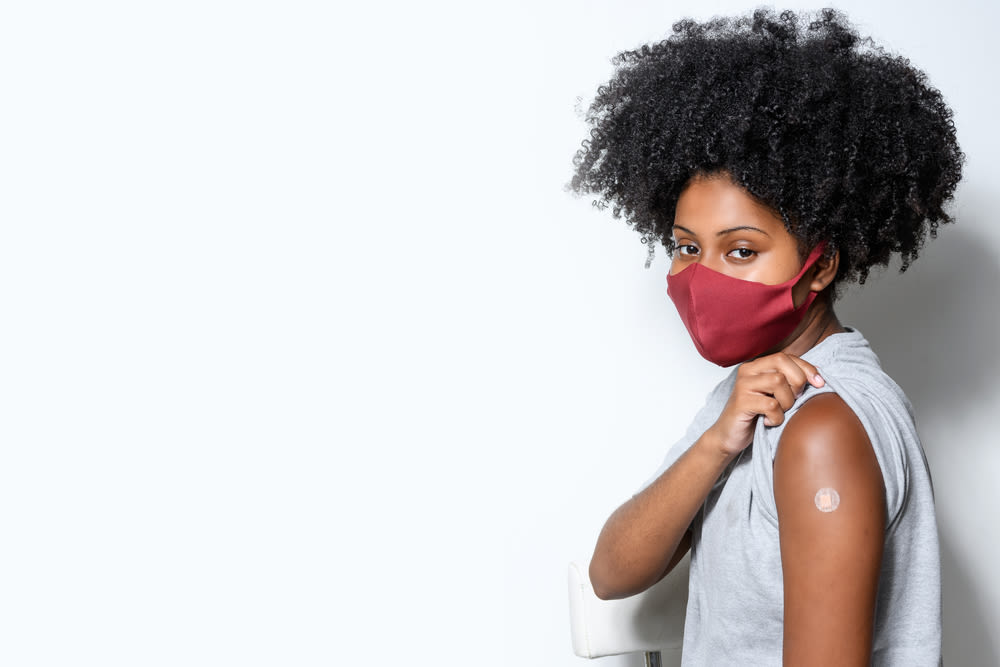Wondering Whether Your Period Will Change after Your COVID Vaccine?

OHSU researchers are studying the links between menstruation and COVID vaccines; the results are reassuring.
By now, the possible side effects of getting your COVID-19 vaccine are pretty well-known—a sore arm, perhaps a headache, dizziness, some fatigue. It usually resolves within a day, and for the millions upon millions of people who’ve gotten vaccinated, it’s a small price to pay in return for protection against serious complications from COVID.
But questions about whether the vaccine can impact the menstrual cycle have persisted, and may have contributed to lingering vaccine hesitancy among some populations.
Now, researchers at Oregon Health & Sciences University say that a new study published in the scientific journal Obstetrics & Gynecology demonstrates that any fluctuations in the length of your period post-vaccination are highly likely to be temporary and short-lived.

Dr. Alison Edelman of OHSU.
Image: Courtesy OHSU News
Dr. Alison Edelman, professor of obstetrics and gynecology at OHSU, is one of the coauthors of the study, which was funded via a grant from the National Institutes of Health. She says the results should be “really reassuring in regard to health and menstrual outcomes. And it's really validating for those who experienced a cycle length change with vaccination.”
The study was based on menstrual cycle tracking data compiled via a fertility tracking app called NaturalCycles—a key dataset, Edelman says, because it provided information from both pre-and post-vaccination, to allow researchers to compare and contrast.
Researchers found that the average change in cycle lasted for less than one day during the month that overlapped with vaccination. There were rare instances in which people got two vaccine doses within one month, in which case the change in cycle length increased to two days in isolated instances. And, Edelman adds, in terms of “the bleeding associated with menses we didn't see any change, pre- or post-vaccination, or in comparison to an unvaccinated group.”
By the following month, the bulk of observed cycles were back to normal, and “should not be cause for long-term reproductive health concerns,” per the research. Edelman does caution that just because this is the experience in the aggregate does not mean it will be true for every individual; there are those who will have different, equally valid experiences, she says, and that data needs more study.
For now, the findings of short, temporary changes in the length of a cycle could inform the future disclosures people who menstruate might hear when they go to get a vaccine.
“It allows you to have some expectation of what you might experience, and, along with other studies, showed that [vaccination] has nothing to do with impacting fertility or pregnancy,” Edelman says.




